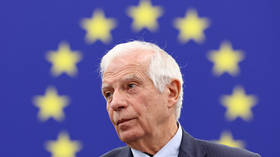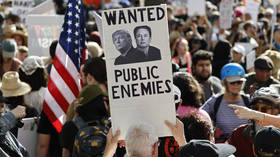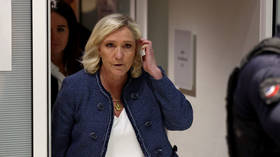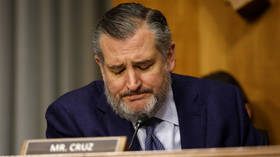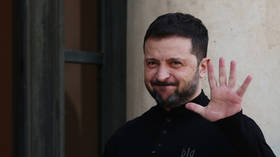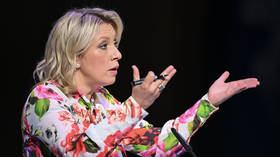EU’s Ukraine weapons goal ‘unattainable’ – Germany
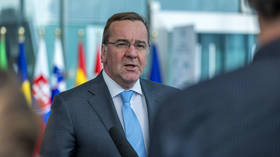
The European Union will not be able to make good on its pledge to provide Ukraine with one million artillery rounds by next March, German Defense Minister Boris Pistorius has admitted. Ukrainian Foreign Minister Dmitry Kuleba has also echoed this assessment.
Brussels made the promise earlier this year, expecting to reach the ambitious target within 12 months by dipping into existing stocks, as well as by procuring shells from arms manufacturers. However, several media outlets have reported that the bloc is falling behind schedule.
Speaking ahead of a meeting by EU defense chiefs in Brussels on Tuesday, Pistorius said that “the one million won’t be achieved. One must proceed on this assumption.” The minister blamed the supposed shortfall on inadequate production capacities in European nations, explaining that even if the economy was switched to a wartime mode, the ammunition output would still not become prolific enough overnight.
Pistorius admitted he had been skeptical about the bloc’s target right from the start when it was set in March, fearing that it could prove unrealistically ambitious.
Commenting on a report by Bloomberg, which suggested last week that Brussels would not be able to fulfill its promise, Kuleba told local media that the report was “unfortunately” true.
“There are questions, and we are, so to speak, ringing the bells a lot and loudly,” the minister stated, adding that the EU is willing to deliver the promised number of shells in principle, but cannot do so due to the “pathetic state of the defense industry.”
According to Kuleba, Brussels is already taking steps to rectify the situation, but Ukraine will still insist that “more and faster is needed.”
In its report on Saturday, Bloomberg claimed that the European External Action Service – the EU’s foreign policy wing – had informed member states on the lagging progress with respect to the ammunition pledge.
The media outlet alleged that, with less than three months left before the deadline, the bloc had provided just 30% of the intended figure.
Russia, for its part, has repeatedly argued that Western nations have already become de facto parties to the conflict by providing arms, intelligence, and training to Kiev’s military. Moscow insists that no amount of Western defense aid will be able to change the course of its military campaign, while unnecessarily increasing the likelihood of a direct clash between NATO and Russia.
